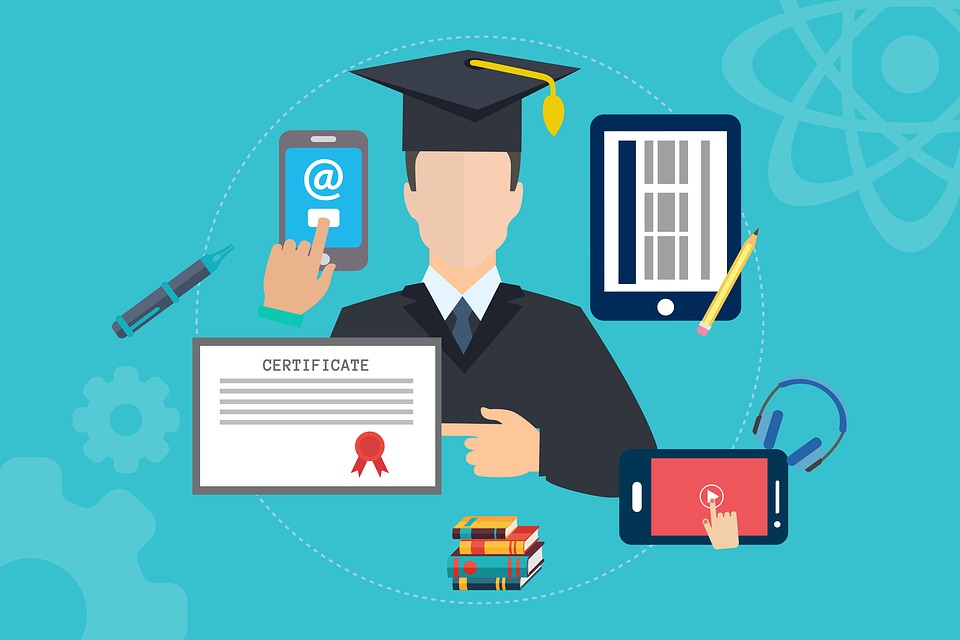
Technological Advancements in Education: Enhancing the Learning Experience
In recent years, the sphere of education has witnessed a significant transformation, with technology becoming an integral part of it. From adaptive learning systems to virtual classrooms, technology advancements in education are enhancing the learning experience and shaping the future of education.
Overview of Recent Technological Advancements in Education
Education technology advancements have introduced various innovative solutions, accelerating learning in unprecedented ways. Some of the prominent tech innovations in the education sector include:
- Adaptive Learning Systems: These systems use artificial intelligence (AI) to tailor educational content to individual students' needs, addressing their learning gaps and advancing at their pace.
- Virtual and Augmented Reality: VR and AR are adding a new dimension to learning, enabling immersive experiences that facilitate better understanding and retention.
- Learning Management Systems (LMS): These digital platforms allow for content distribution, tracking student progress, and facilitating communication between educators and students.
- Educational Mobile Apps: These apps are enhancing learning experiences through gamification, interactive content, and easy access to resources.
"Technology can become the "wings" that will allow the educational world to fly farther and faster than ever before—if we will allow it." - Jenny Arledge
How Technology is Enhancing Learning Experiences
Technology is revolutionizing education by introducing diverse tools and methods that cater to varied learning styles. Below are examples of how learning technology is making a difference:
- Interactive Whiteboards: These tools promote interactive learning, allowing teachers to present content in visually engaging ways, increasing student participation.
- Flipped Classrooms: With the help of educational digital tools, students can grasp the basics at home and engage in problem-solving during class hours.
- Online Learning Platforms: Websites like Coursera, Khan Academy, and Udemy have democratized education, making it accessible to anyone with an internet connection.
Benefits and Challenges of Implementing Educational Technology
Implementing technology in education brings a myriad of benefits. However, it also poses certain challenges that must be addressed for effective utilization.
Benefits
- Personalized Learning: Technology enables customization of learning materials, addressing individual learning styles and paces.
- Enhanced Engagement: Interactive elements in digital learning resources keep students more engaged and motivated.
- Accessibility: Digital platforms ensure that quality education is not confined within geographical boundaries.
Challenges
- Digital Divide: While technology has the potential to democratize education, it could also widen the gap between students with and without access to digital resources.
- Data Privacy: With education shifting online, protecting student data from potential breaches is paramount.
Research Studies and Statistics Supporting EdTech Effectiveness
Numerous research studies vouch for the positive impact of technology on the learning experience:
- A study by the Stanford University Center for Research on Education Outcomes (CREDO) found that students in online charter schools made significant gains in mathematics and reading compared to their traditional school counterparts.
- According to a report by NMC/CoSN Horizon, adaptive learning technologies are improving standardized test scores by 3% annually.
Future Trends in Educational Technology
With the rapid pace of technology evolution, the education landscape is poised for more exciting developments:
- Artificial Intelligence: AI is set to transform education with personalized learning paths, automated grading, and predictive analytics to identify learning gaps.
- Blockchain Technology: It could revolutionize the way educational achievements are recorded, verified, and shared across institutions.
"Education is evolving due to the impact of the Internet. We cannot teach our students in the same manner in which we were taught. Change is necessary to engage students not in the curriculum we are responsible for teaching, but in school. Period." - April Chamberlain
In conclusion, technological innovations in education are a powerful catalyst for enhancing the learning experience. However, it’s equally important to address the associated challenges to unlock the full potential of EdTech.
Education technology advancements hold a promising future, with the potential to transform the learning experience, making it more interactive, personalized, and accessible. This revolution in education is just the beginning, and the possibilities for further advancements are endless. For educators, students, parents, and policymakers, understanding these trends and their impacts can help guide decision-making and ensure everyone can reap the benefits of this technological transformation.
Nepal Related Topics




